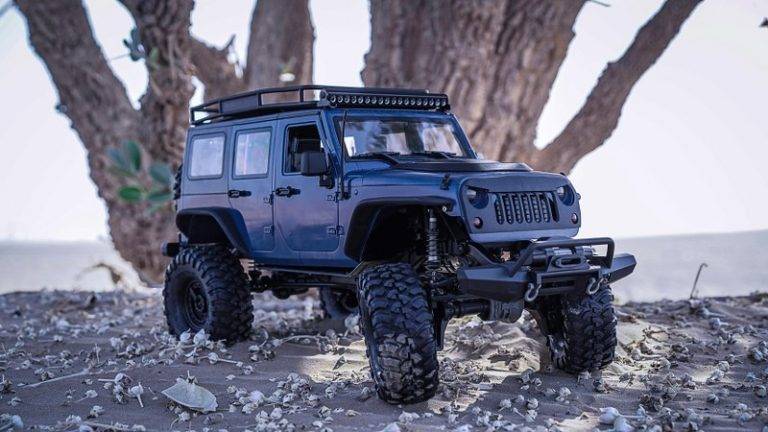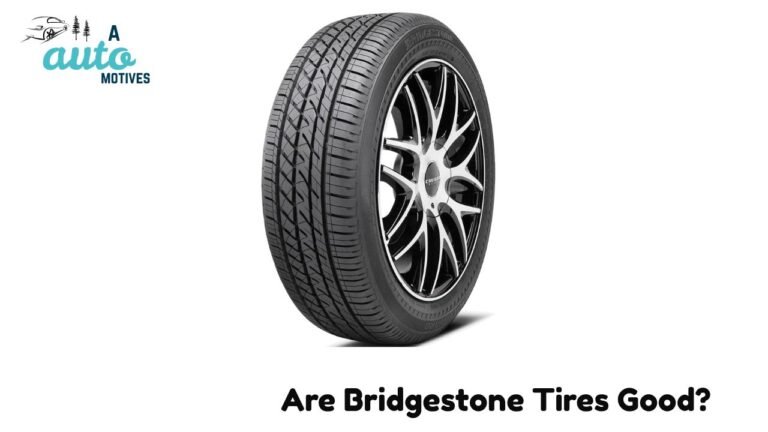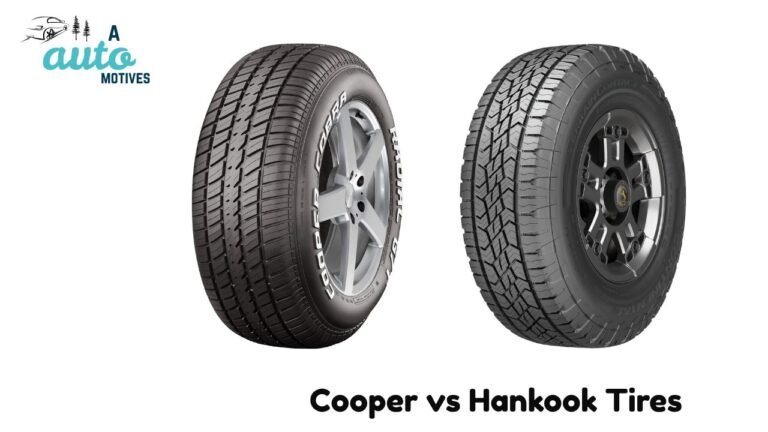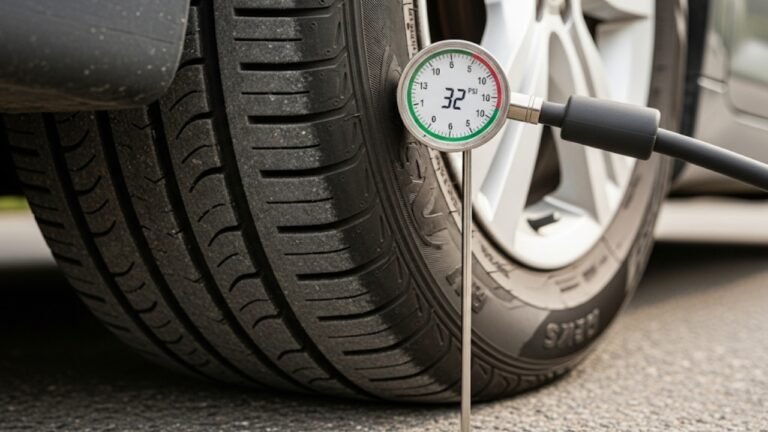Is Fullway Tires a Good Brand? My Honest Take
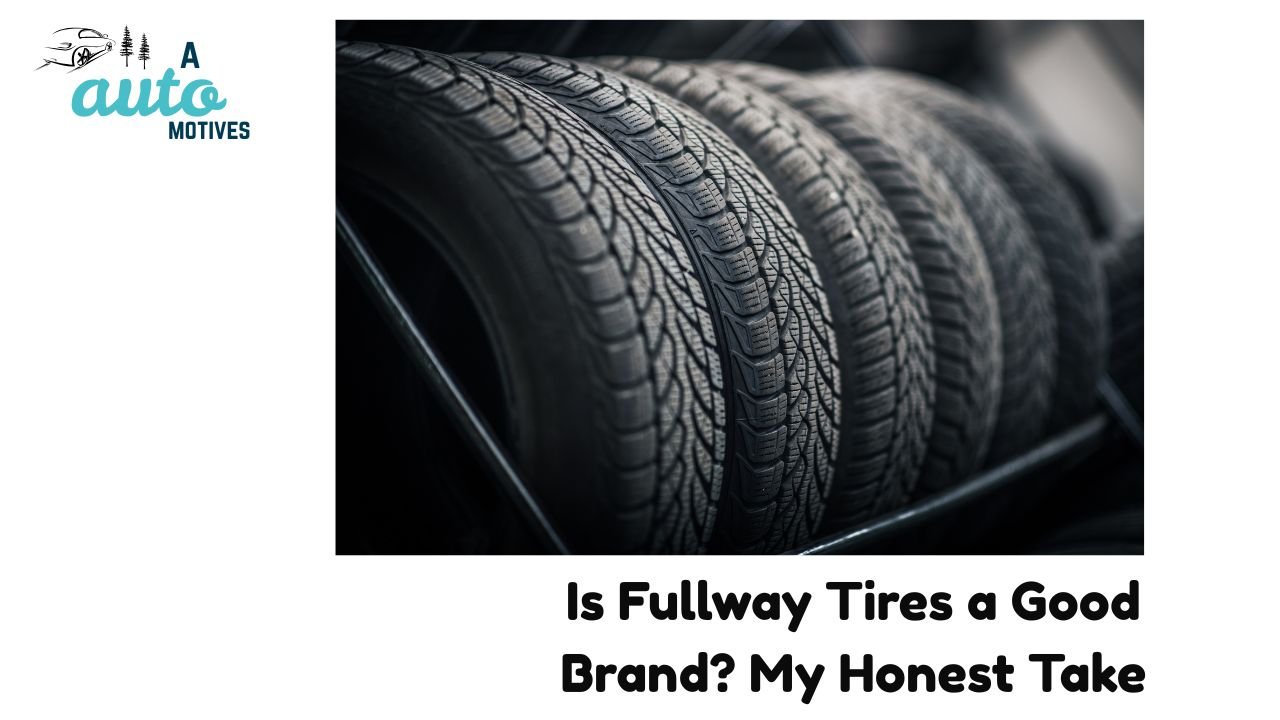
Picking the right tires can feel like trying to find a good coffee shop in a new city—you don’t want to overspend, but you also don’t want to regret your choice halfway through the ride. That’s where Fullway Tires comes in. They’re budget-friendly, widely available online, and seem to promise performance that rivals the big names. But are they really worth it?
I’ve driven through highways, city streets, and those rough, uneven roads that make you question your life choices—all with Fullway tires on my car. In this article, I’ll share my honest, hands-on experience with them. We’ll go over how they perform in real-world conditions, what they do well, where they fall short, and whether they truly deserve a spot on your car.
Performance Analysis: The Real-World Breakdown
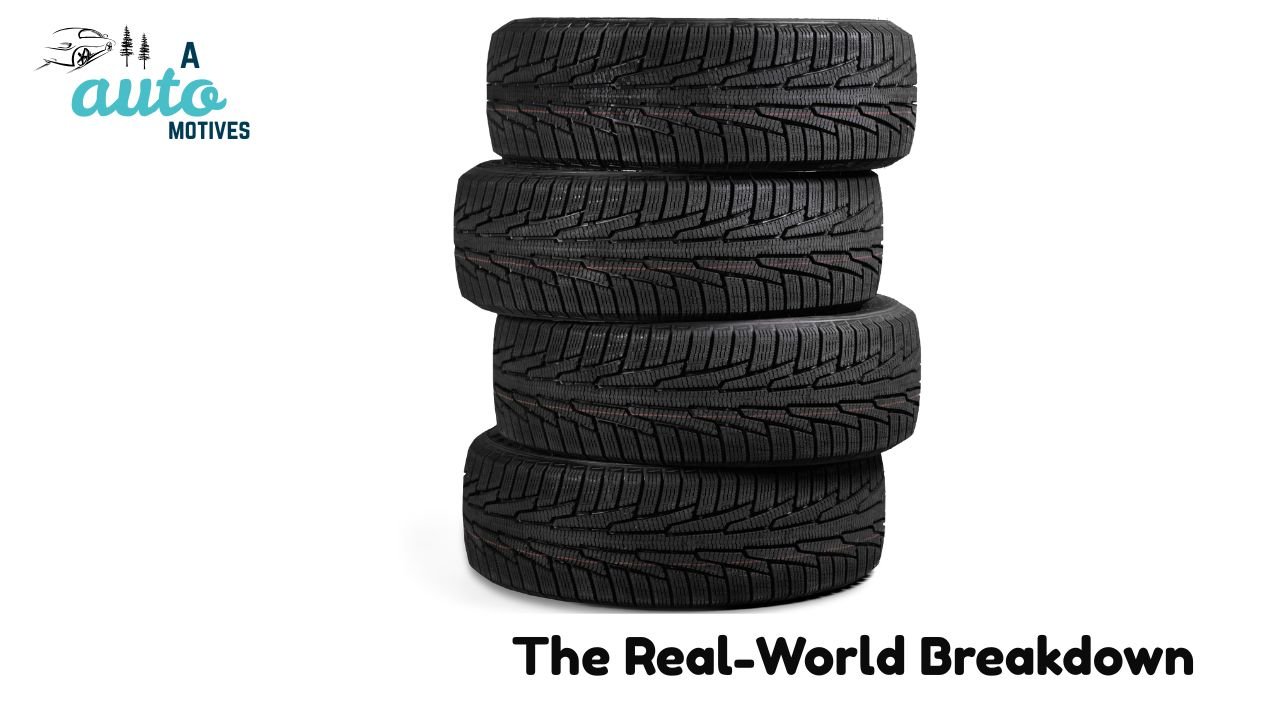
When it comes to tires, fancy marketing means nothing if the performance doesn’t hold up. So let’s get straight into how Fullway Tires perform in the areas that matter most—grip, durability, comfort, and efficiency.
1. Traction & Grip: Decent on Dry, Average in Wet
Grip is everything when you’re behind the wheel—it’s what keeps your car glued to the road instead of sliding through a turn. On dry pavement, Fullway Tires surprised me. The handling felt controlled, even at higher speeds. Whether I was merging onto the highway or weaving through traffic, they responded predictably.
But once it started raining? Things changed a bit. The traction dipped, especially during sudden stops. I noticed longer braking distances compared to mid-range brands like Cooper or Falken. It wasn’t unsafe, but I had to stay alert.
As for snow, I’d call it “manageable.” They can get you through a light dusting, but icy or heavy snow roads are not their playground. If you live somewhere with real winters, switch to proper snow tires when the temperature drops.
Verdict: Excellent for dry roads, okay for rain, and not made for icy winters.
2. Durability & Tread Life: Not Bad for the Price
Durability is where budget tires often disappoint—but Fullway held up better than I expected. After about 12,000 miles, the tread still looked decent. There was some edge wear, but nothing alarming.
Fullway claims a lifespan of 30,000 to 40,000 miles, and based on my experience, that’s fair. If you drive mostly on smooth highways and rotate them every 6,000 miles, you can probably stretch that upper limit.
They won’t outlast a Michelin or Goodyear, but considering you can get a Fullway tire for less than half the price, the value holds up nicely.
Verdict: Respectable lifespan for a budget tire—especially if you drive responsibly.
3. Ride Comfort & Noise: Good in the City, Average on the Highway
Comfort is often overlooked, but it’s the first thing you notice when your tires are off. With Fullway, city driving felt smooth. They absorbed bumps well and didn’t make the cabin shake or rattle.
However, at highway speeds (especially around 65–70 mph), a low humming sound started to creep in. It wasn’t unbearable, but definitely noticeable—especially on rough asphalt. The sound is more of a hum than a roar, so you can still chat or enjoy music without shouting.
Drivers who reviewed Fullway tires online reported the same thing: good comfort, minor road noise at higher speeds.
Verdict: Great comfort for everyday use, mild hum on highways.
4. Fuel Efficiency: Slight Drop, but Manageable
I’m one of those people who actually tracks fuel economy (yes, I’m that friend). Before switching to Fullway, my car averaged 28 MPG. After installing them, it dipped to around 26.8–27 MPG.
That’s a small difference, but it adds up if you drive long distances daily. The reason is their rolling resistance—it’s not as low as premium “eco” tires, so your engine works a bit harder.
Still, compared to other budget brands, Fullway does a decent job balancing performance and economy. If saving a few bucks upfront matters more to you than squeezing every drop of gas mileage, you’ll be fine.
Verdict: Slightly higher fuel consumption, but still cost-effective overall.
5. Handling & Stability: Reliable, Not Sporty
If you like tight turns and quick responses, Fullway might feel a bit soft. They’re not meant for aggressive cornering or high-speed thrills. But for everyday driving—commuting, errands, long weekend trips—they’re perfectly stable.
At 75 mph, I did notice slight body roll, but the tires never lost control. Even on winding roads, they kept their composure, though they didn’t have that “sticky” feel that sport tires do.
Users on car forums rate their stability around 7/10, which feels right. They won’t impress a racer, but they’ll keep a commuter safe and steady.
Verdict: Reliable and predictable handling for daily driving, not for spirited driving.
What I Like About Fullway Tires
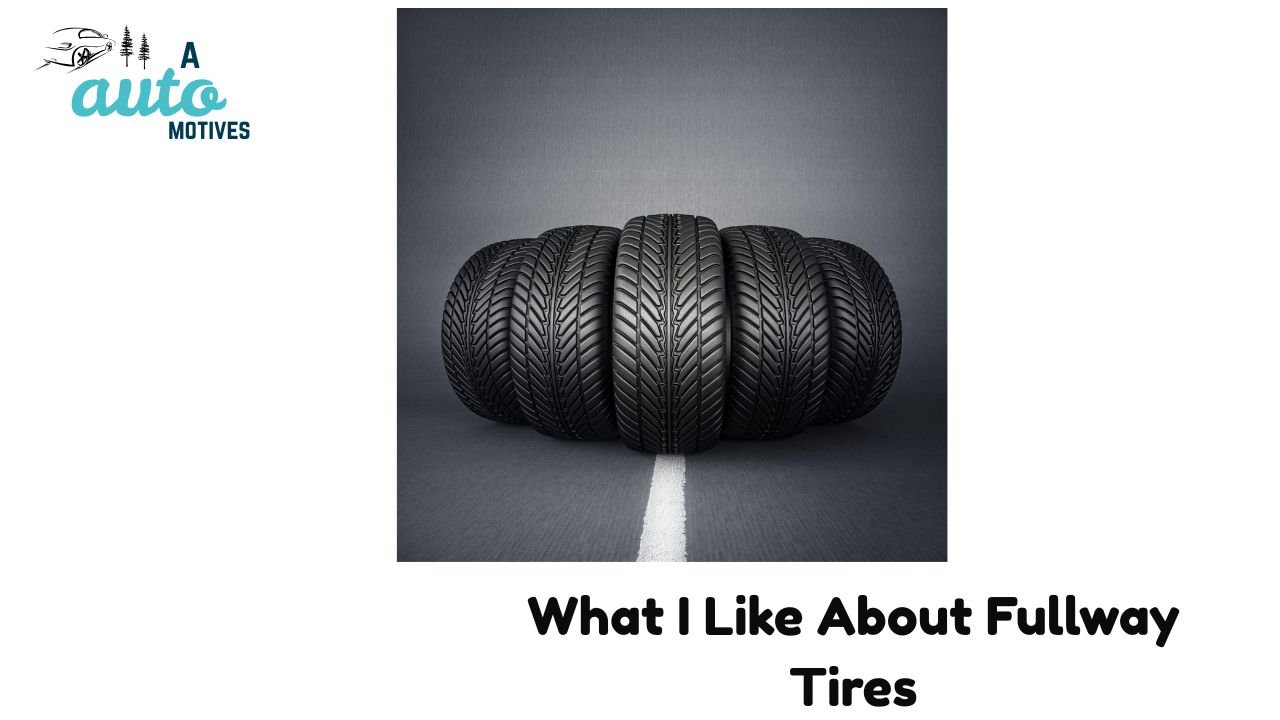
After several months of testing and way too many coffee-fueled drives, here’s what stood out the most about Fullway tires.
1. They’re Surprisingly Grippy for the Price
For a budget tire, the grip is solid. On dry roads, they stick nicely without sliding or losing traction in corners. Even during sudden lane changes, they stayed composed.
2. Long Tread Life with Proper Care
They may not last forever, but with regular rotation and proper air pressure, you can easily get 40,000+ miles out of them. For a tire that costs under $70, that’s impressive.
3. Comfortable Daily Ride
If your driving is mostly urban or suburban, you’ll love how they soak up bumps. The rubber compound feels soft enough to cushion small potholes but firm enough to stay responsive.
4. Wallet-Friendly Without Feeling “Cheap”
Let’s be honest—most people buy Fullway because of the price. But the good news? They don’t feel like cheap tires. You still get good traction, a decent lifespan, and smooth driving—all at a price that doesn’t hurt.
5. Easy to Find Online
You might not spot them at your local tire shop, but they’re readily available online—especially on sites like Amazon, SimpleTire, and eBay. Most listings even offer free shipping.
Bottom Line: If you’re a city or highway driver who wants something affordable, Fullway delivers good value for money.
What Could Be Better
No brand is perfect, and Fullway is no exception. Here’s what I think could use improvement.
1. Wet & Snow Performance
They manage okay in rain, but you’ll feel the difference compared to premium brands. In heavier rain, braking distances get longer. On icy roads, forget it—you’ll need winter tires.
2. Slight Highway Noise
At 65 mph and above, a low hum is noticeable. It’s not loud enough to annoy, but if you’ve driven on quiet touring tires before, you’ll notice the contrast.
3. Limited Warranty Options
Some models don’t come with robust warranties or satisfaction guarantees. You’ll get basic coverage, but not the extended protection you’d find with Goodyear or Bridgestone.
4. Not Ideal for Rough Terrain
These are street tires. Don’t expect them to handle mud, gravel, or rocky terrain. They’re not off-road performers, and that’s fine—just know what you’re buying.
Summary: They shine in affordability and comfort, but wet traction and noise could improve.
Fullway Tires vs. Goodyear: A Fair Comparison
Now, this is where things get interesting. People often ask me, “Should I go for Fullway or just spend more on Goodyear?”
So, I tested both—Fullway HP108 and Goodyear Assurance WeatherReady—on the same car over a few months. The results were eye-opening.
Braking & Safety
Goodyear has decades of experience and advanced tire technology. Their braking performance, especially in wet conditions, is leagues ahead. Fullway holds up fine in dry conditions but lacks the advanced tread patterns that help Goodyear tires grip during emergency stops.
| Safety Factor | Fullway HP108 | Goodyear WeatherReady |
|---|---|---|
| Dry Braking | Good | Excellent |
| Wet Braking | Fair | Excellent |
| Ice Braking | Poor | Excellent |
| Emergency Response | Average | Advanced |
Result: Fullway = 6/10, Goodyear = 9/10
Wet Roads & Hydroplaning Resistance
Hydroplaning can turn a calm drive into a nightmare. Goodyear’s tread design channels water effectively, while Fullway’s simpler pattern works fine—just not as efficiently in heavy downpours.
| Factor | Fullway HP108 | Goodyear WeatherReady |
|---|---|---|
| Water Evacuation | Decent | Excellent |
| Hydroplaning Risk | Moderate | Low |
| Wet Cornering | Average | Strong |
| Stability in Rain | Fair | High |
Terrain Handling: Smooth Roads Only, Please
If your driving routine includes gravel roads or weekend trips to the countryside, Fullway tires might not be your best friend. They’re clearly designed for city and highway driving—smooth pavement, predictable weather, and moderate speeds.
On rough roads, I noticed that the tread pattern struggled to maintain grip. The rubber compound just isn’t made for rugged or muddy terrain. Goodyear, on the other hand, offers several all-terrain and mud-resistant models that can handle uneven surfaces far better.
| Terrain Type | Fullway HP108 | Goodyear Tires |
|---|---|---|
| Highways | Good | Excellent |
| Gravel Roads | Fair | Good |
| Muddy Trails | Poor | Good |
| Rocky Terrain | Poor | Good |
Result: Fullway = 5/10, Goodyear = 8/10
So, if your daily drive involves dirt roads or off-road adventures, Goodyear wins hands down. But for everyday paved commutes? Fullway does just fine.
Weather Resistance: The Big Differentiator
This is where premium brands like Goodyear really justify their price. Their tires are built with temperature-adaptive compounds that keep traction consistent in heat, cold, and storms.
Fullway tires perform admirably in mild climates—think spring, summer, and early fall—but when temperatures swing dramatically, the rubber stiffens, affecting grip. They’re also more prone to wear under extreme heat, especially if you’re driving long distances.
| Weather Condition | Fullway HP108 | Goodyear WeatherReady |
|---|---|---|
| Hot Weather | Fair | Excellent |
| Rainy Weather | Average | Excellent |
| Cold Weather | Poor | Excellent |
| Storm Resistance | Fair | High |
Result: Fullway = 5/10, Goodyear = 9/10
If you live in Florida, Texas, or California, you’ll be fine with Fullway. But if you’re in Michigan or Colorado where winters hit hard, you’ll need a better all-season or winter-specific tire.
Price Comparison: What’s the Real Value?
Money talks—and in this case, it screams.
Fullway tires are incredibly affordable, with most models priced between $50–$70 per tire. Goodyear, meanwhile, runs from $120–$200 depending on the model.
Now, does double the price mean double the performance? Not exactly. If you drive casually, you’ll probably never feel that massive difference. But if safety, longevity, and year-round performance matter to you, then yes—the extra cost pays off.
| Cost Factor | Fullway HP108 | Goodyear Tires |
|---|---|---|
| Price Per Tire | $50–$70 | $120–$200 |
| Average Lifespan | 35,000 miles | 60,000 miles |
| Warranty | Limited | Comprehensive |
| Value for Money | Very Good | Excellent (if you can afford it) |
Verdict: Fullway gives you solid value for short-term use, while Goodyear is the smarter choice for long-term savings.
Who Should Buy Fullway Tires?
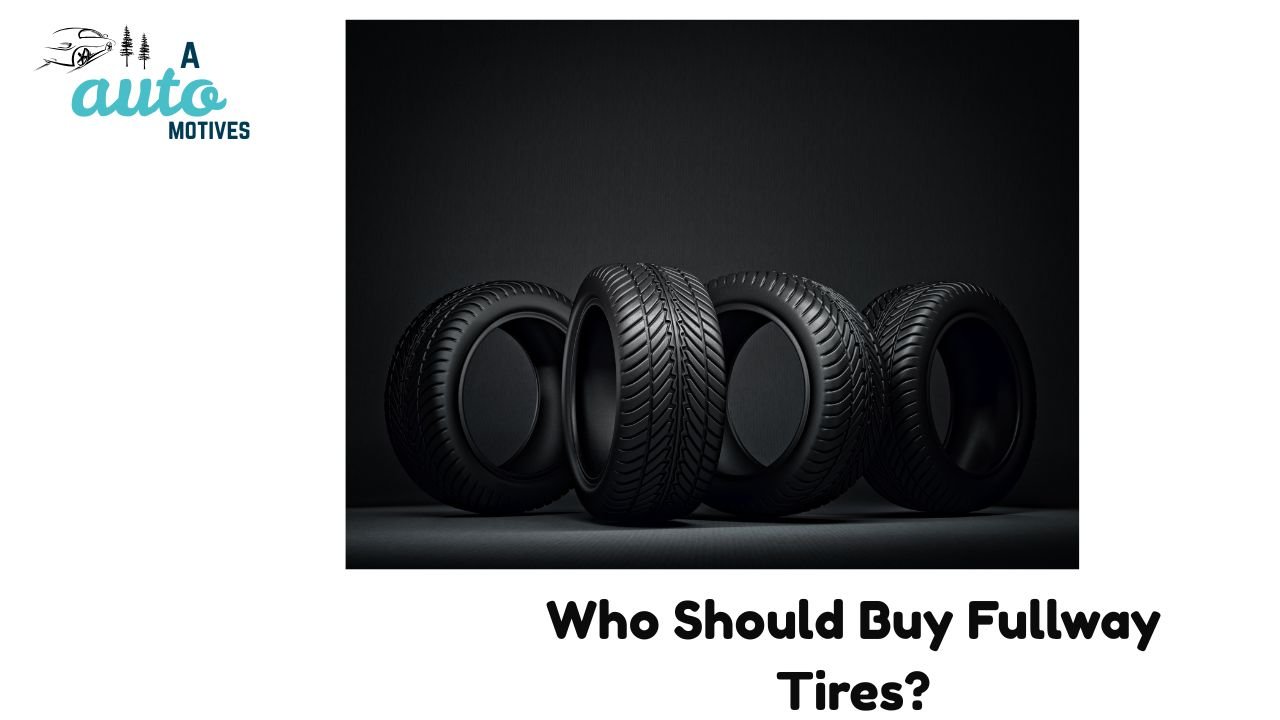
Fullway tires aren’t for everyone—and that’s okay. Here’s a quick breakdown of who will get the most out of them (and who won’t).
Perfect For:
-
Budget-conscious drivers who want decent performance without paying top dollar.
-
Daily commuters who mainly drive on smooth highways or city streets.
-
Drivers in mild climates—where winters are light and rain isn’t excessive.
-
Owners of older or second cars who don’t need premium performance.
Not Ideal For:
-
Drivers in heavy snow or icy regions. You’ll need a stronger winter tire for safety.
-
Performance car owners. These aren’t designed for racing or aggressive handling.
-
Off-road enthusiasts. Stick with all-terrain or mud tires if you drive outside the city.
In short: Fullway tires are like that reliable friend who’s always on time—not flashy, but dependable for the daily grind.
Final Verdict: So, Is Fullway a Good Tire Brand?
If you want an honest take—yes, Fullway tires are a good brand for the price.
They won’t blow your mind, but they’ll get the job done. They grip well on dry roads, offer a comfortable ride, and last a fair amount of miles. Sure, they hum a little on the highway and struggle in harsh weather, but for everyday driving in mild conditions, they’re more than enough.
If you’re running on a tight budget, you’ll appreciate how much performance you get for such a small cost. But if you want top-tier safety, superior braking in the rain, and peace of mind in every season, you might be happier spending more on Goodyear or Continental.
My Honest Rating (Out of 10):
| Category | Score |
|---|---|
| Dry Grip | 8 |
| Wet Grip | 6 |
| Snow Performance | 4 |
| Comfort | 8 |
| Noise Level | 6 |
| Durability | 7 |
| Value for Money | 9 |
| Overall Score | 7/10 |
So, is Fullway worth it?
Yes—if you need affordable, everyday tires that handle city and highway drives with ease.
No—if you expect premium performance or live in extreme weather zones.
FAQs About Fullway Tires
1. Are Fullway tires good for daily driving?
Absolutely. They handle well on dry pavement, offer smooth rides, and cost less than half of premium brands.
2. How long do Fullway tires last?
Expect around 30,000–40,000 miles with proper care. Rotate them regularly and maintain tire pressure to extend their life.
3. Are Fullway tires safe in rain?
They handle light rain decently, but braking distances increase in heavy downpours. Slow down and maintain extra space when driving wet roads.
4. Do they work in snow?
They can manage light snow but aren’t reliable in ice or deep snow. For winter, switch to dedicated snow tires.
5. Are Fullway tires noisy?
A mild hum can be heard on highways, especially at 65+ mph. It’s noticeable but not distracting.
6. Who makes Fullway tires?
They’re produced by Qingdao Fullrun Tyre Corporation, a Chinese company known for manufacturing several affordable tire lines, including Autogrip and Aderenza.
7. Are they worth the money?
If your top priority is saving money while getting decent performance, yes—they’re great value. But if you’re chasing quiet rides, maximum grip, or long warranties, you’ll want to go premium.
Final Thoughts
Think of Fullway tires as the practical choice in a world full of luxury options. They may not be the “Michelin” of the tire world, but they hit that sweet spot between affordability and everyday reliability.
If you just need something that grips, rolls, and doesn’t burn a hole in your wallet—Fullway tires are a solid pick.
But if you want the best of the best? Goodyear, Bridgestone, or Michelin will always win.
At the end of the day, the best tire for you depends on where you drive, how you drive, and how much you’re willing to spend.
For me, after thousands of miles, I can say one thing confidently—
Fullway Tires may not be perfect, but they sure are honest.

